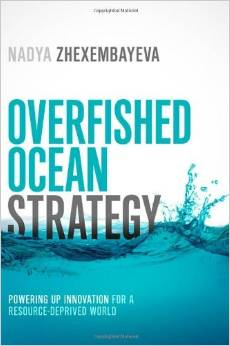
| ISSP NEWS |
FROM THE PRESIDENT'S DESK

Keeping Up - What's New In Sustainability?
By ISSP President and EcoSTEPS Sustainability
Partner Julian Crawford of Sydney, Australia
Dear Fellow ISSP Members,
As you know, ISSP is the world's leading association for sustainability professionals. Formed in 2007, the first few years were focussed on getting established and building membership, services and credibility.
Now, with three very successful
conferences and almost a thousand members from every region in the world, ISSP is changing gears and stepping up with the development of the global Sustainability Professional Certification program.
ISSP members are actively engaging with the most important global issues facing our societies. They're upskilling and learning, sharing resources and best practices. We are also developing ourselves professionally via coaching, job postings and learning events hosted both on-line and live by ISSP.
 Did you know that ISSP offers an exciting range of online, web-based, educational opportunities for members and non-members? ISSP's instructors are experts and practitioners in their sustainability fields. Upcoming events include a webinar that I'm hosting soon on the emerging Circular Economy. We're also travelling to Jakarta, Indonesia in April to conduct a full week of training under the ISSP Educational Certificate Program. Did you know that ISSP offers an exciting range of online, web-based, educational opportunities for members and non-members? ISSP's instructors are experts and practitioners in their sustainability fields. Upcoming events include a webinar that I'm hosting soon on the emerging Circular Economy. We're also travelling to Jakarta, Indonesia in April to conduct a full week of training under the ISSP Educational Certificate Program.
In summary, there is a great deal going on and all members are encouraged to participate! The COP21meeting in Paris in November is important for all of us. Maintaining our energy and focus in the months ahead is crucial. Exciting times....
|


 The Overfished Ocean Strategy makes a great combination with the work of Bob Willard and
The Overfished Ocean Strategy makes a great combination with the work of Bob Willard and  policymakers about the benefits of a more sustainable economy, as well as policies and practices that can help the economy become more sustainable.
policymakers about the benefits of a more sustainable economy, as well as policies and practices that can help the economy become more sustainable.
No comments:
Post a Comment